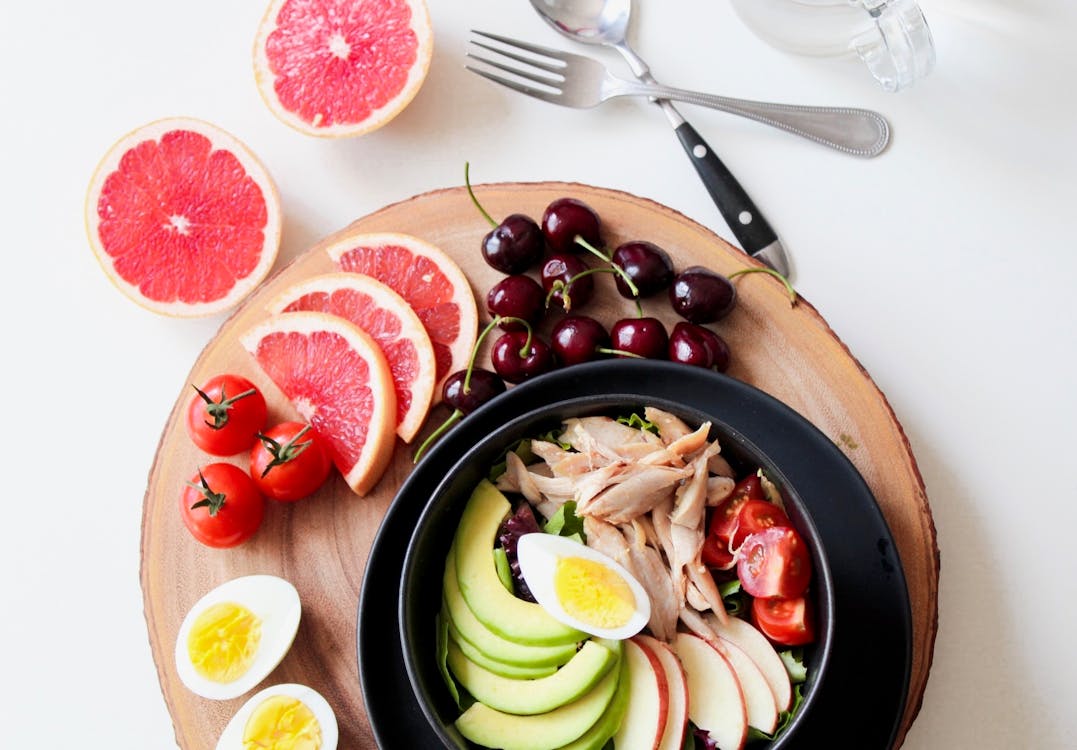In today’s fast-paced world, it’s easy to overlook the importance of proper nutrition. We often find ourselves reaching for convenient, but often unhealthy, options. However, by focusing on consuming nutrient-dense foods, we can ensure that our bodies receive the essential vitamins, minerals, and other nutrients they need to thrive.
Understanding Nutrient Density
Nutrient density refers to the concentration of nutrients per calorie in a food. Essentially, it’s about getting the most nutritional bang for your buck. Foods high in nutrient density provide essential vitamins, minerals, fiber, and other beneficial compounds without excess calories or unhealthy additives.
Benefits of Nutrient-Dense Foods
Nutrient-dense foods offer a plethora of benefits for overall health and well-being. From boosting energy levels and improving mood to supporting weight management and reducing the risk of chronic diseases, the advantages are numerous.
Examples of Nutrient-Dense Foods
When it comes to nutrient-dense options, think colorful fruits and vegetables, lean proteins, whole grains, nuts, seeds, and legumes. These foods are packed with essential nutrients while being low in unhealthy fats, sugars, and sodium.
Incorporating Nutrient-Dense Foods into Your Diet
Making nutrient-dense choices doesn’t have to be complicated. Start by adding more fruits and vegetables to your meals, swapping refined grains for whole grains, and choosing lean sources of protein. Small changes can yield significant results over time.
Shopping Tips for Nutrient-Dense Foods
Navigating the grocery store aisles can be overwhelming, but with a few tips, you can make healthier choices. Shop the perimeter of the store where fresh produce, lean proteins, and dairy are typically located. Read labels carefully, focusing on ingredients and nutrient content rather than marketing claims.
Cooking Methods to Preserve Nutrients
How you prepare your food can impact its nutrient content. Opt for cooking methods such as steaming, roasting, grilling, and sautéing, which preserve the integrity of nutrients better than frying or boiling.
Nutrient-Dense Foods for Different Dietary Needs
Whether you’re vegetarian, vegan, gluten-free, or have other dietary restrictions, there are plenty of nutrient-dense options available to suit your needs. Experiment with different foods and recipes to find what works best for you.
Addressing Common Misconceptions
There are many misconceptions surrounding nutrient-dense eating, such as it being expensive or bland. However, with proper planning and creativity, eating nutrient-dense can be affordable, delicious, and satisfying.
The Cost-Effectiveness of Nutrient-Dense Eating
While some may argue that eating healthily is expensive, the long-term benefits far outweigh the costs. Investing in your health now can lead to reduced medical expenses down the line, not to mention improved quality of life.
Making Long-Term Lifestyle Changes
Adopting a nutrient-dense eating pattern isn’t just about short-term fixes; it’s about making sustainable lifestyle changes. Start by setting realistic goals, gradually incorporating healthier habits into your daily routine, and seeking support from friends, family, or a registered dietitian.
Conclusion
In conclusion, prioritizing nutrient-dense foods is a simple yet powerful way to nourish your body and support overall health. By making conscious choices and embracing a variety of nutritious options, you can fuel your body for optimal performance and longevity.
Frequently Asked Questions (FAQs)
1. What are some budget-friendly nutrient-dense foods? Budget-friendly nutrient-dense options include beans, lentils, oats, frozen fruits and vegetables, eggs, canned tuna, and whole grains like brown rice and quinoa.
2. Can I still enjoy treats while eating nutrient-dense foods? Absolutely! Incorporating nutrient-dense foods into your diet doesn’t mean you have to give up all your favorite treats. It’s all about balance and moderation.
3. How can I ensure I’m getting enough nutrients on a vegetarian or vegan diet? Focus on incorporating a variety of plant-based proteins, such as beans, lentils, tofu, tempeh, nuts, and seeds, along with plenty of fruits, vegetables, and whole grains.
4. Are there any nutrient-dense foods that can help with weight loss? Yes, foods high in fiber and protein, such as fruits, vegetables, lean meats, fish, legumes, and whole grains, can help keep you feeling full and satisfied, making weight loss more manageable.
5. Is it possible to eat nutrient-dense foods on a busy schedule? Absolutely! With a little planning and preparation, you can enjoy nutrient-dense meals even on the busiest of days. Consider batch cooking, meal prepping, and stocking up on convenient options like pre-cut fruits and veggies or pre-cooked grains.

